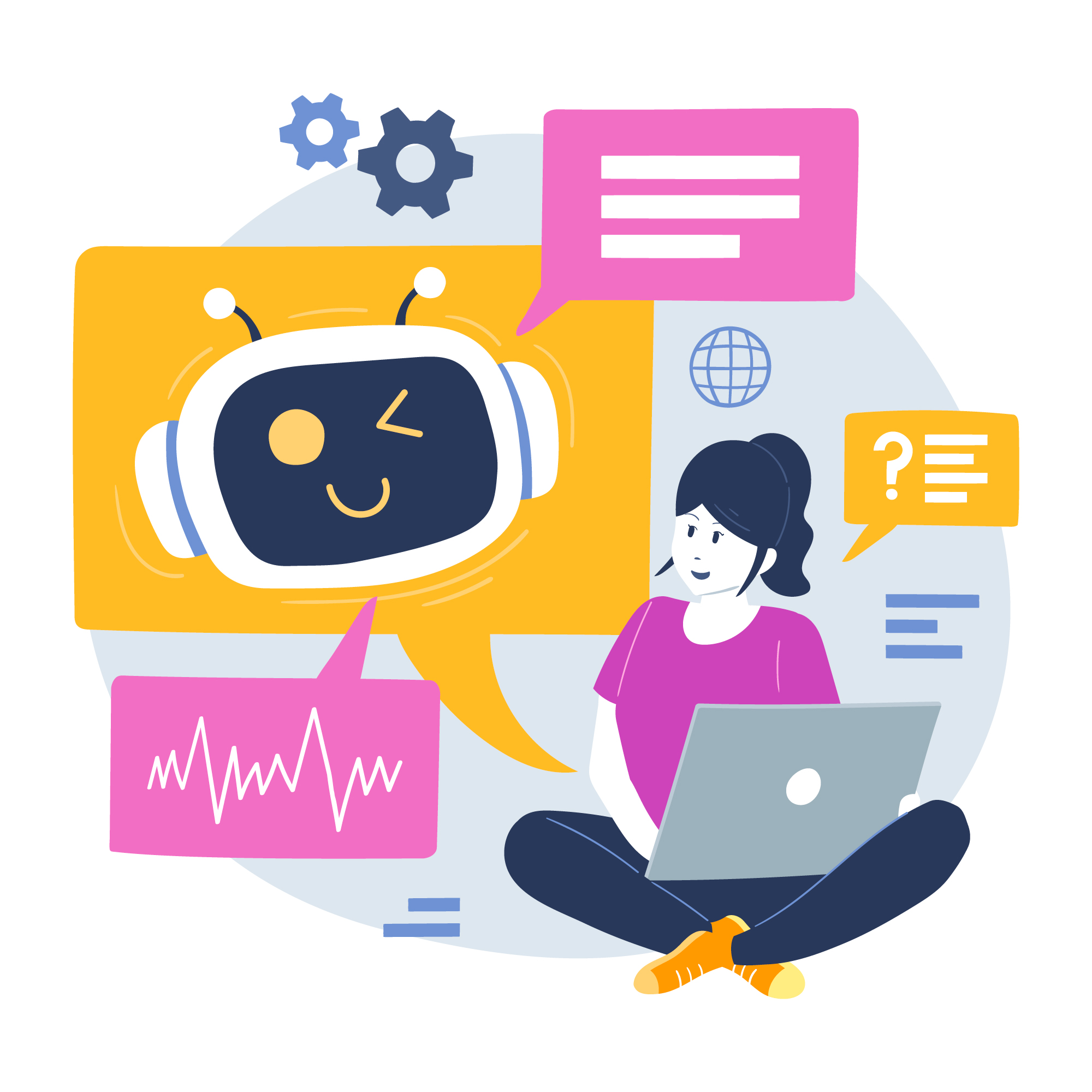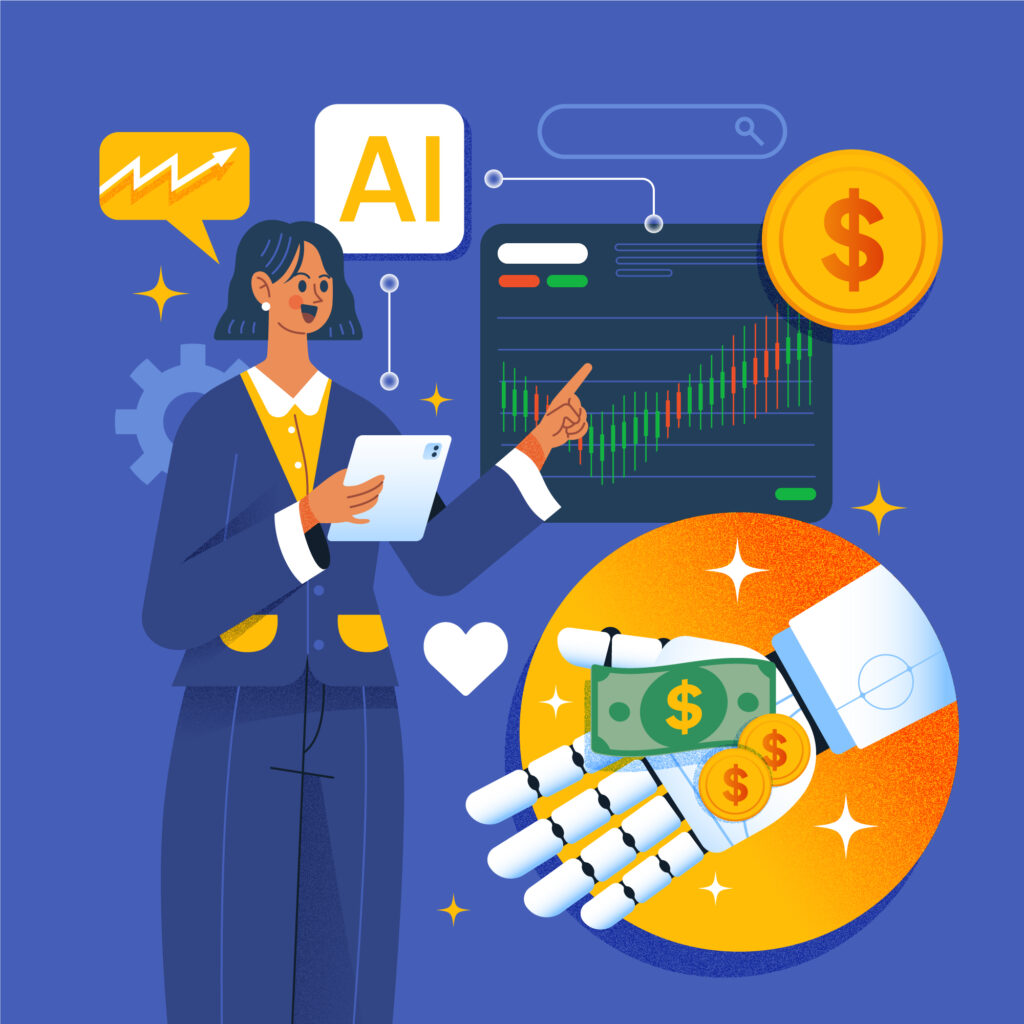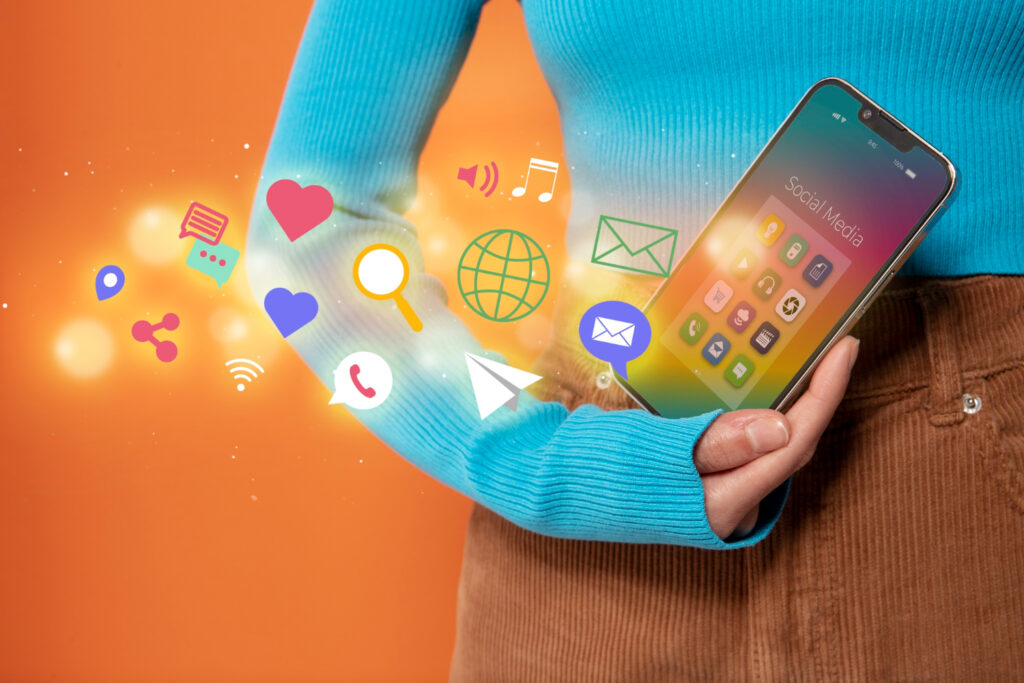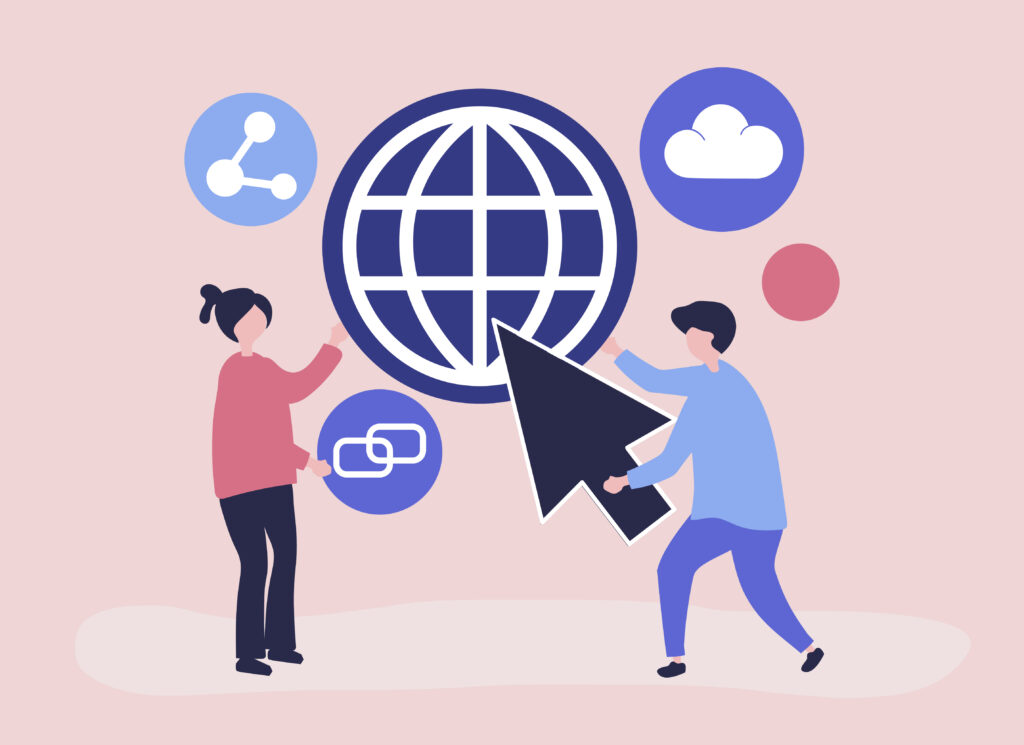In today’s fast-paced digital landscape, businesses are constantly seeking innovative ways to enhance their marketing efforts and maximize their return on investment (ROI). One of the most powerful tools in their arsenal is Artificial Intelligence (AI) and Machine Learning (ML). These cutting-edge technologies have revolutionized the way marketing campaigns are planned, executed, and analyzed, helping companies make data-driven decisions and achieve remarkable results.
The Power of AI and Machine Learning in Marketing
- Data-Driven Decision-Making: AI and ML empower marketers to make informed decisions by analyzing vast amounts of data in real-time. This data can include customer behavior, market trends, and competitor insights.
- Personalization: AI allows for hyper-personalized marketing campaigns. By analyzing user preferences and behavior, AI can deliver tailored content, product recommendations, and offers, increasing the likelihood of conversion.
- Predictive Analytics: ML algorithms can predict future trends and customer behavior, enabling businesses to proactively adjust their marketing strategies.
- Chatbots and Virtual Assistants: AI-powered chatbots and virtual assistants provide instant customer support, improving user experience and engagement.
- Email Marketing Optimization: ML can optimize email campaigns by analyzing open rates, click-through rates, and conversion rates. This helps in crafting more effective email content.
- Mobile Marketing: AI enhances mobile marketing by providing insights into user behavior on mobile devices and suggesting strategies for better engagement.
How to Leverage AI and ML for Marketing ROI
- Customer Segmentation: Use AI to segment your audience based on demographics, behavior, and preferences. This allows for highly targeted campaigns, increasing the chances of conversion.
- Content Generation: AI can assist in creating content, including blog posts, social media updates, and product descriptions. Tools like GPT-3 can generate human-like text, saving time and effort.
- A/B Testing: ML can analyze A/B test results to determine which variations are most effective. This helps in refining marketing strategies and optimizing ROI.
- SEO Optimization: Utilize AI-powered SEO tools to identify keywords, optimize on-page SEO, and track search engine rankings. This ensures that your content ranks higher, driving organic traffic.
- Chatbots for Customer Support: Implement chatbots for instant customer support. They can answer frequently asked questions and guide users through the sales funnel, increasing conversions.
- Predictive Analytics: Predict future customer behavior and market trends to plan marketing campaigns in advance. This prevents last-minute rushes and ensures a well-prepared strategy.
- Email Marketing Automation: Use AI to automate email marketing campaigns. AI can send personalized emails based on user behavior, increasing open and click-through rates.
- Social Media Marketing: AI can analyze social media data to determine the best times to post, the most engaging content types, and the ideal audience for your brand.
Measuring the Impact
- ROI Tracking: Use AI and ML to track the ROI of your marketing campaigns more accurately. You can measure the impact of each campaign, channel, and customer segment.
- Conversion Rate Optimization: AI can identify drop-off points in the conversion funnel and suggest improvements, leading to higher conversion rates.
- Data Visualization: Utilize data visualization tools to present marketing performance data in a visually appealing and easy-to-understand format.
- Reporting Automation: Automate the generation of marketing reports using AI. This saves time and ensures that stakeholders receive timely updates on campaign performance.
Real-World Examples of AI and ML in Marketing
- Netflix: Netflix uses AI to analyze user data and make personalized content recommendations. This keeps users engaged and subscribed, ultimately boosting ROI.
- Amazon: Amazon’s recommendation engine is powered by AI, making product suggestions based on user browsing and purchase history.
- Spotify: Spotify uses ML to curate playlists and recommend songs to users. This personalization keeps users on the platform longer, increasing ad revenue and subscription rates.
- Facebook: Facebook’s ad platform employs AI to target ads to specific user segments, maximizing ad spend efficiency.
- Google: Google Ads utilizes ML algorithms to optimize ad placements and bids, resulting in higher click-through rates and conversions for advertisers.
Challenges and Considerations
- Data Privacy: Ensure compliance with data privacy regulations when collecting and using customer data for AI and ML purposes.
- Algorithm Bias: Be aware of algorithm bias that can result in unfair targeting or discrimination. Regularly audit and adjust algorithms to avoid bias.
- Skill Gap: Address the skill gap within your marketing team by providing training and education on AI and ML tools and concepts.
- Costs: Implementing AI and ML solutions can be costly. Carefully assess the expected ROI to justify the investment.
- Integration: Ensure that AI and ML tools integrate seamlessly with your existing marketing technology stack.
The Future of AI and ML in Marketing
As technology continues to advance, the role of AI and ML in marketing will only grow. Here are some exciting trends to watch for:
- Voice Search Optimization: With the rise of voice-activated devices, optimizing for voice search will become crucial.
Also Read:- Voice Search Optimization: The Future of SEO in a Voice-Activated World
- AR and VR Marketing: Augmented Reality (AR) and Virtual Reality (VR) will create new marketing opportunities, offering immersive experiences to customers.
- AI-Generated Influencers: AI may give rise to virtual influencers who can promote products and services.
- Blockchain for Transparency: Blockchain technology may be used to ensure transparency and data security in marketing campaigns.
- Hyperautomation: A combination of AI, ML, and robotic process automation (RPA) will lead to hyperautomation, allowing for highly efficient and automated marketing processes.
Conclusion
Incorporating AI and ML into your marketing strategy can significantly boost your ROI by providing data-driven insights, personalization, and automation. However, it’s crucial to approach these technologies with careful planning, considering factors such as data privacy, algorithm bias, and integration. As AI and ML continue to evolve, staying updated on the latest trends and innovations will be key to maintaining a competitive edge in the digital marketing landscape.
By harnessing the power of AI and ML, businesses can not only achieve higher ROI but also provide better customer experiences and gain a stronger foothold in an increasingly competitive market. It’s time to embrace these technologies and unlock their potential for your marketing success.
With AI and ML, the possibilities are endless, and the future of marketing is brighter than ever before. So, start exploring these technologies today and watch your marketing ROI soar to new heights. Your competitors are already doing it, and you don’t want to be left behind!



